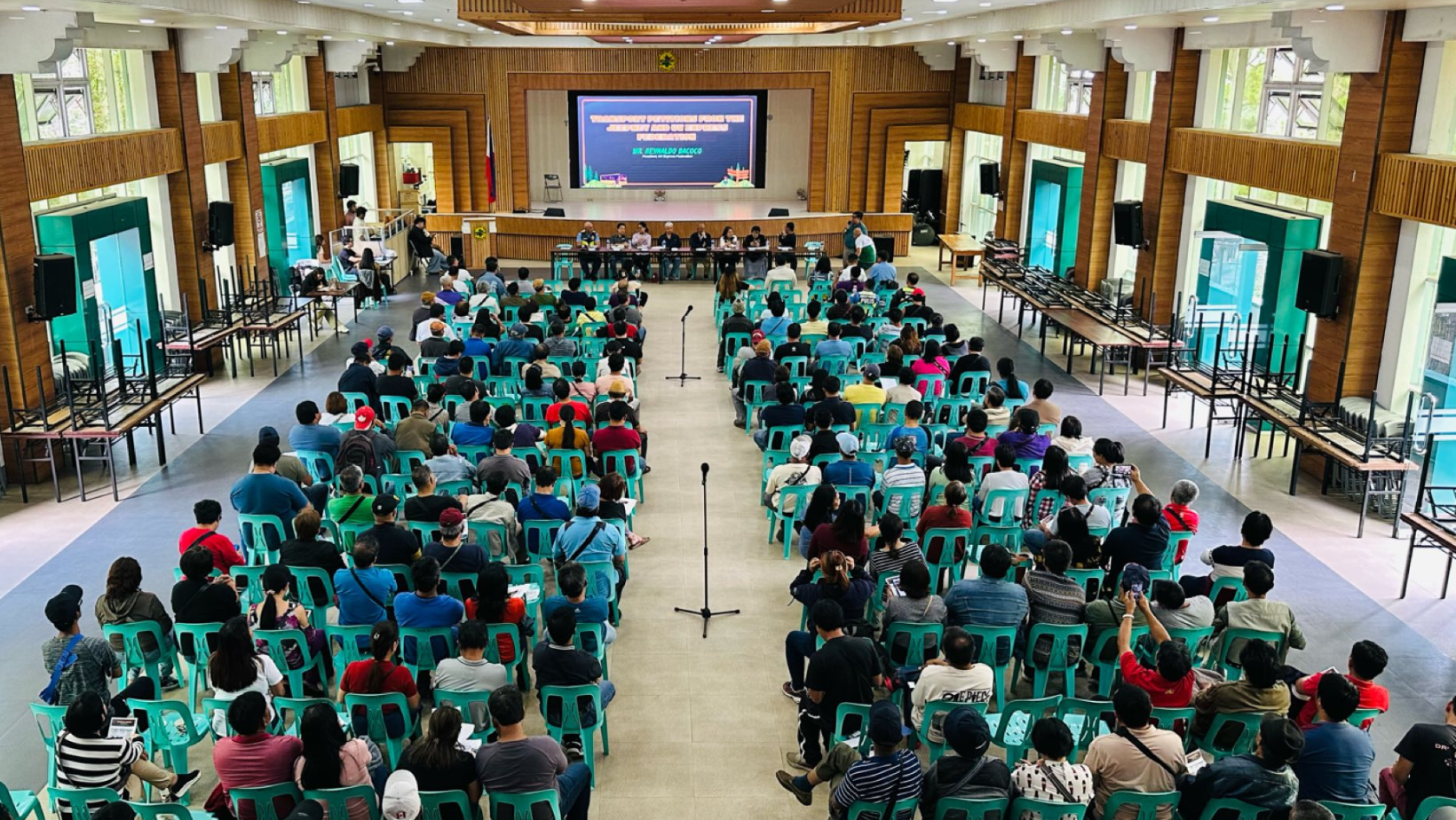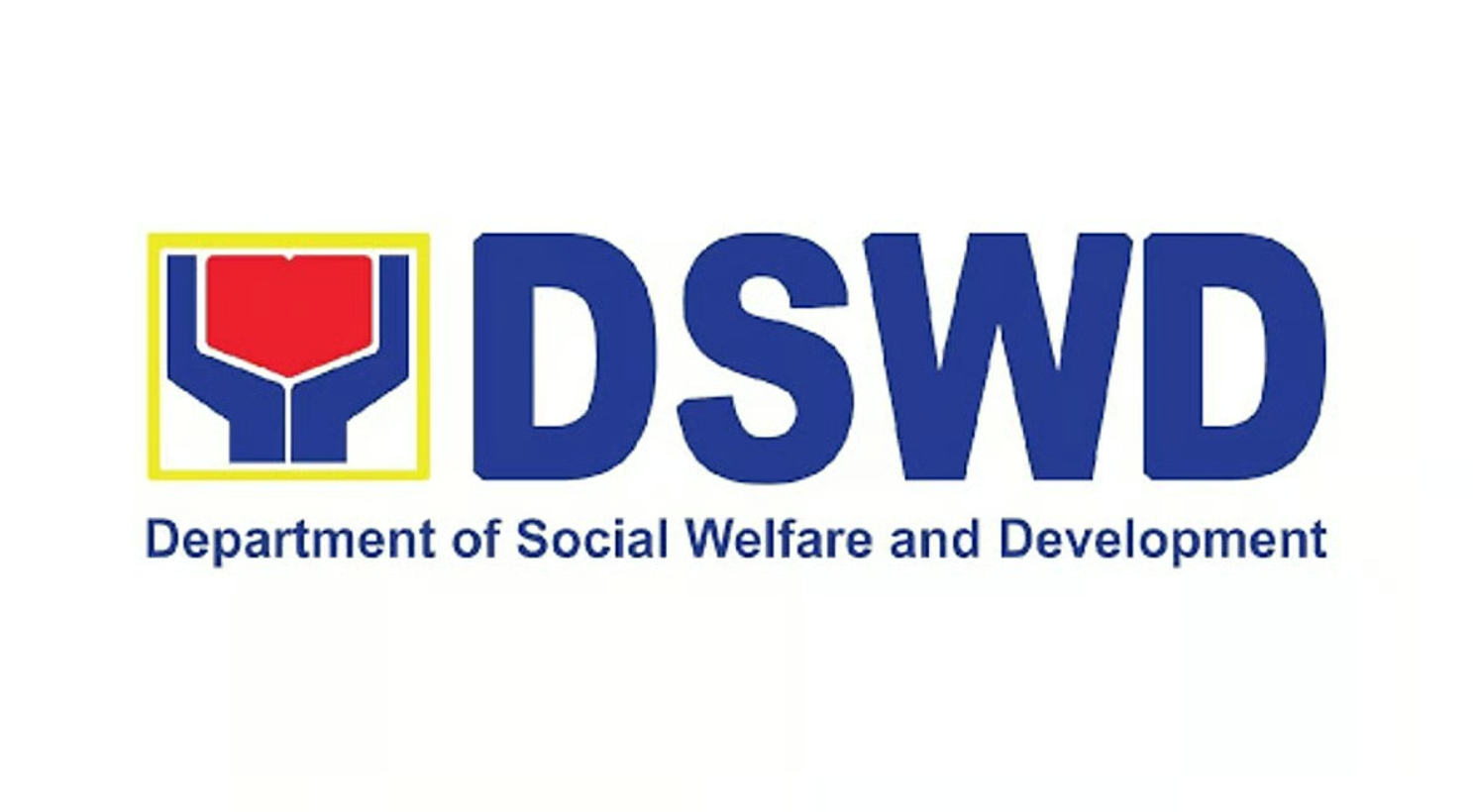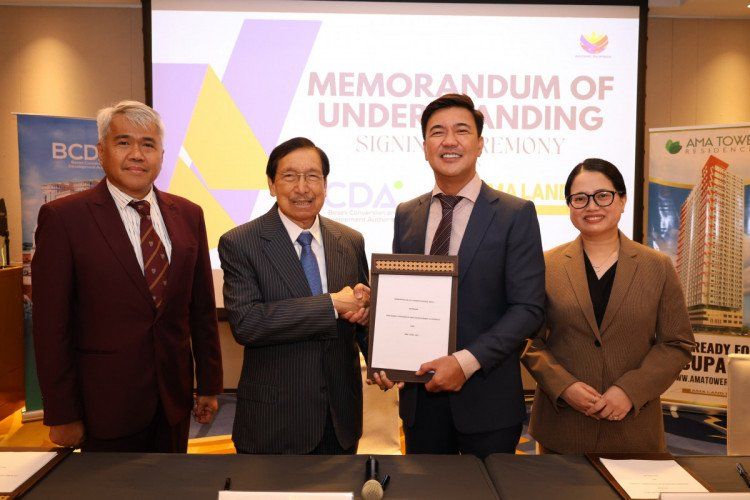BAGUIO, Philippines – In a city built on resilience and community spirit, a new chapter in transportation collaboration is unfolding.
Andy Ignacio — April 9, 2025
In a city built on resilience and community spirit, a new chapter in transportation collaboration is unfolding.

On April 8, 2025, transport groups, PUV operators, UV Express stakeholders, and government officials gathered at Dumol Hall, BENECO Compound, South Drive, for a crucial sectoral dialogue—one that highlighted both the challenges and shared vision for Baguio’s transport future.
The event marked a meaningful convergence of perspectives, focusing on two major petitions: the proposal to authorize rebuilt units as substitute vehicles and the appeal to retain the Official Receipt (OR) and Certificate of Registration (CR) for traditional jeepneys and van units. These concerns, long voiced by local operators, underscored the complex realities faced by the city’s transport workforce.
Among those present was Baguio Tourism Council Chairperson and congressional candidate Gladys Vergara, who offered both solidarity and solutions. Her Jeepney Modernization Support platform aims to transform national directives into inclusive, workable outcomes.
Gladys Vergara underscored her unwavering support for the transport sector by presenting her Jeepney Modernization Support platform—a comprehensive initiative crafted to ease the transition of drivers and operators into the government’s modernization program. The proposal includes mechanisms such as downpayment assistance, loan guarantees, government subsidies, and equity funding, all designed to make environment-friendly public utility vehicles both accessible and affordable.
At the heart of her vision is a firm belief that modernization must never result in displacement, but rather serve as a pathway to empowerment where every driver and operator is equipped with the tools, opportunities, and support needed to adapt and thrive—without placing undue burden on those who drive Baguio’s daily commute.
The message throughout the dialogue was clear: modernization should not mean marginalization. It should serve as a bridge to progress, one where operators, drivers, and commuters all move forward together.
The forum also drew strong support from national and local leaders, including DOTR Assistant Secretary Dioscoro T. Reyes, Mayor Benjamin B. Magalong, City Planning’s Engr. Thea Camiring, BCPO TEU’s Pcpt. Basinga, DOTR-CAR’s Atty. Jose Villacorta, and City Engineer Engr. Richard Lardizabal. Their presence signaled unity across sectors and a shared resolve to build solutions grounded in empathy, innovation, and practicality.
Acknowledgment was also given to the dedication of Mr. Wilson Bumay-et Jr., G.9 Transport Sector Representative of the Baguio Tourism Council, and Mr. Reynardo Bacoco, President of the UV Express Federation. Their leadership continues to bring voices together and push critical concerns to the forefront.
As the city looks ahead, the dialogue reaffirmed a central truth: the path to progress is best paved with collaboration. And for Baguio’s transport sector, that journey has already begun—with leaders who are ready to listen, ready to act, and ready to build a future where no one is left behind.




